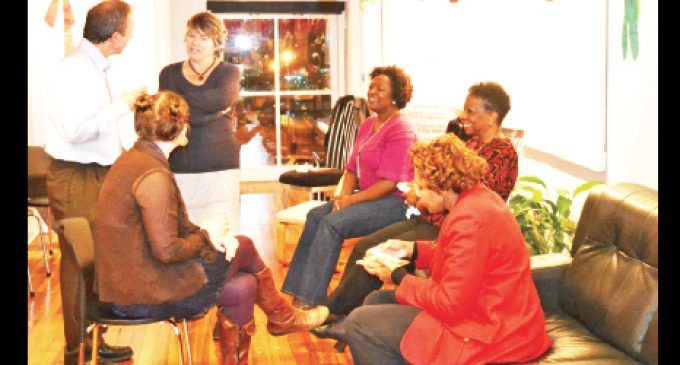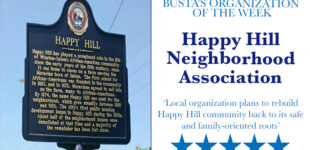The ECHO Movement

Have you heard of ECHO? Maybe; maybe not.
Our mission isn’t to help the homeless secure housing, or provide food to all those in Forsyth County who are hungry, or even to offer educational opportunities to our most vulnerable children but, our work may very well be critical to the next steps that we take as a community where these issues are concerned.
ECHO got its start at the Winston-Salem Foundation back in 1999 as our community’s formal dive into social capital. Social capital is the connections between people that strengthen all aspects of a community. In the early 2000s, Winston-Salem participated in a National Social Capital Benchmark survey, which cited our social capital challenges including, but not limited to, low interracial trust, low levels of volunteerism, and lack of diversity in leadership. Why is social capital important? Quite simply, communities with a high level of social capital report higher levels of happiness, have better health outcomes, experience less crime and have thriving local economies.
Ideally, an organization like ECHO wouldn’t need to exist to officially organize efforts to increase trust and relationships in a community. Unfortunately, with modern technology and other conveniences, it’s far easier to connect with others from the other side of the (fire)wall, and isolating entertainment options are endless. Fortunately, there’s still the natural need we all have to physically and emotionally connect with others; the challenge then is to create an environment in which that connecting takes place across lines of difference – race, age, socioeconomic status, religion, and even (gasp!) politics.
ECHO works to offer activities and programs that help others connect, in an easy, non-threatening way, sometimes with no agenda whatsoever except to bridge our residents. From our Conversation Groups, designed to friend strangers, to ECHO Teams, a free leadership-development program to create social capitalists, to our StoryLine program, a way to collect and share our community’s stories. These may seem like non-essential offerings in the grand scheme of things, but in those moments when we’re gathered to discuss a pressing community issue in which we’ve chosen our side, even a small dose of social capital could move things along, faster and with fewer struggles.
Our organizational roadblock is that many overlook this type of work when making their charitable contributions. ECHO, with just a few more community or corporate supporters, could make a significant impact in how this community approaches its challenges. The outcome, both short and long term, is well worth the investment. ECHO is currently looking for corporate or individual sponsors at all levels to make this work happen.
Natasha Gore is the executive director of the ECHO Network. Learn more at www.echonetwork.org.
















